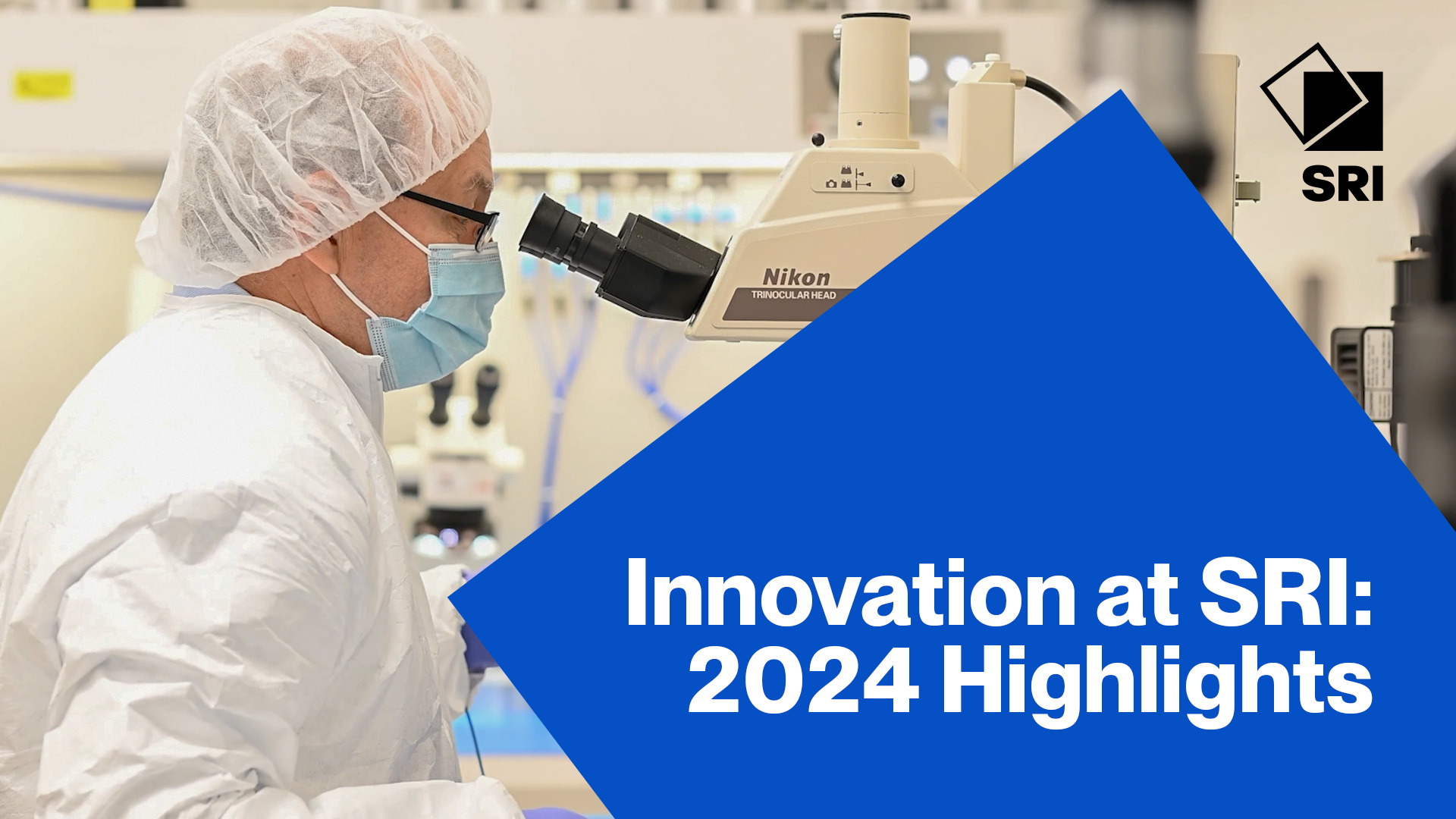Citation
De Cristofaro, E.; Faber, S.; Gasti, P.; Tsudik, G. GenoDroid: are privacy-preserving genomic tests ready for prime time? International Workshop on Privacy in Electronic Society; 2012 October 15; Raleigh, NC.
Fast and accurate sequencing of human genomes is rapidly becoming affordable. It is expected that individuals will soon be able to carry around copies of their sequenced DNA, using it for medical, identification, and social purposes. This will undoubtedly prompt a wide range of new and interesting genomic applications. However, the very same progress raises some worrisome privacy issues, since a genome represents a treasure trove of highly personal and sensitive information. Some recent research explored privacy-preserving personal genomic operations by applying (or customizing) cryptographic protocols based on techniques such as: conditional oblivious transfer, garbled circuits, and homomorphic encryption. In this paper, we take this line of work a step further by investigating real-world practicality and usability of (as well as interest in) some of these methods. Motivated by both medical and social applications, we aim to test viability of privacy-agile computational genomic tests in a portable and pervasive setting of modern smartphones. We design a personal genomic toolkit (called GenoDroid), implement it on the Android platform, assess its performance and conduct a pilot usability study that yields some interesting results.


